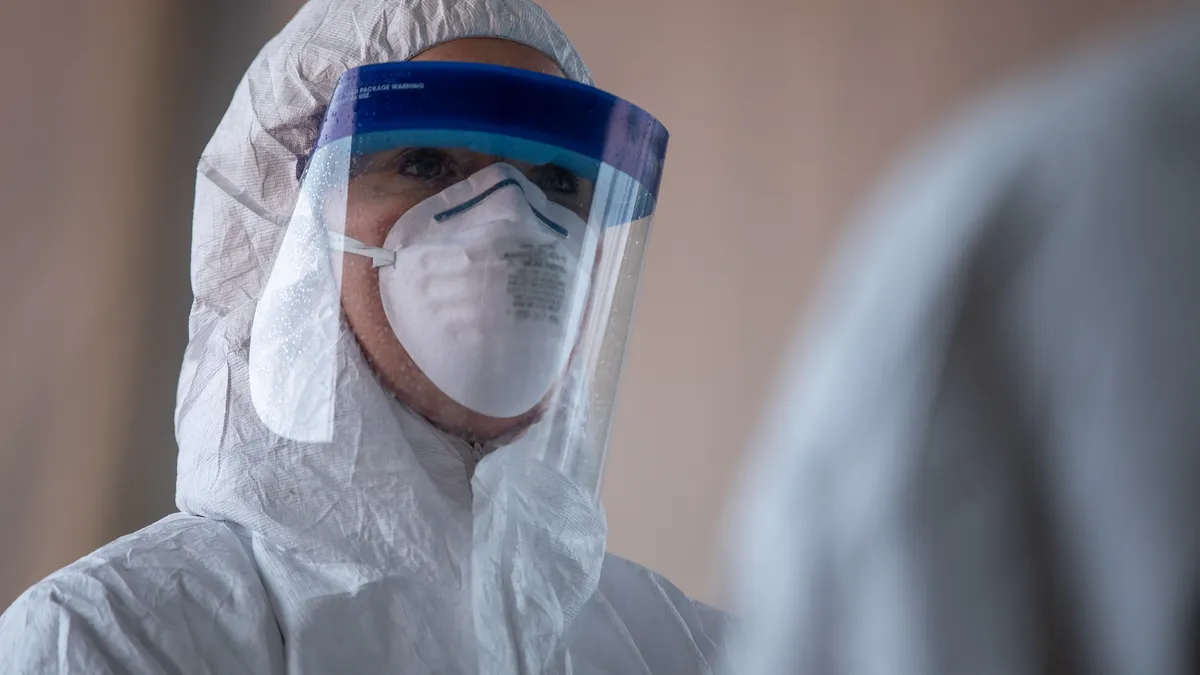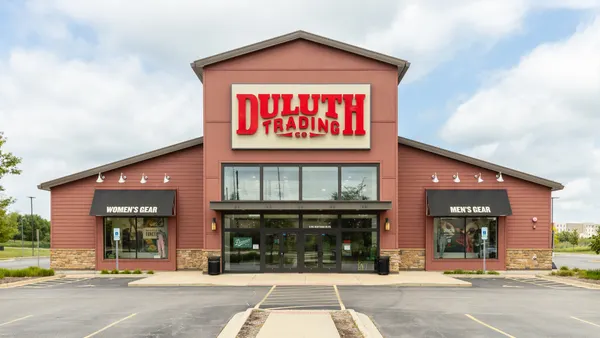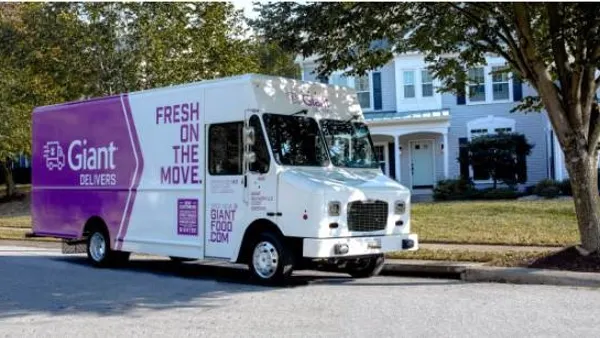Dive Brief:
- The Department of Justice has cleared the way for major medical suppliers Cardinal Health, Henry Schein, McKesson, Medline Industries and Owens & Minor to coordinate the manufacture, sourcing and distribution of crucial personal protective equipment (PPE) and other medical supplies needed to fight the COVID-19 pandemic, the department confirmed in a letter issued Saturday in response to a previous request from the companies.
- The firms are collaborating to prevent and eliminate supply chain bottlenecks, find and create new supply sources, monitor demand, distribute supplies to FEMA-designated hotspots, monitor and negotiate pricing and share various types of data concerned with all of these functions, according to a letter the companies sent to the DOJ on March 30 requesting certainty that these activities will not be seen by the DOJ to "transgress the antitrust laws."
- "[T]he Department presently does not intend to challenge the Requesting Parties’ efforts to expedite and increase manufacturing, sourcing, and distribution of PPE and medications," Assistant Attorney General Makan Delrahim wrote in a written response to legal representatives from the five suppliers.
Dive Insight:
Competition, though an ever-present force in most procurement operations, can be a hindrance to quick, effective disaster response. The U.S. coronavirus response has been rife with reports of price gouging, supply restrictions and shortages at hospitals hit hardest.
"We believe that there is no similar time in recent American history where such pro-competitive collaboration could be more critical," reads the companies' letter to the DOJ. They argue that coordination on COVID-19 response efforts can be done without eroding fair competition between the firms in question.
"We pledge to work with you and currently are engaged with the Federal Emergency Management Agency (“FEMA”), the Department of Health and Human Services (“HHS”) and other parts of the U.S. Government, to ensure the fast, fair and pro-competitive distribution of necessary medical supplies to the most-needed places during the current health crisis," the letter reads.
In its response, the DOJ cited government and private sector collaborative efforts already underway as evidence of successful collaboration under close government supervision. Project Airbridge, for example, is a White House Coronavirus Task Force effort to orchestrate dedicated cargo flights transporting medical supplies from Asia to the U.S., involving multiple suppliers.
DOJ stipulated the five companies must not use this new leeway "to increase prices, reduce output, reduce quality, or otherwise engage in COVID-19 profiteering." In addition, they must not deny government agencies data the companies might deem competitive in a normal business environment and must not extend collaboration beyond the outbreak.
They will be required to send written notice to the DOJ when the COVID-19 pandemic is resolved stating this enhanced degree of cooperation is no longer required and is thereby dissolved.
This move toward greater collaboration within the private sector echoes calls from states to better coordinate medical supply purchases. Several state leaders including New York Governor Andrew Cuomo and Michigan Governor Gretchen Whitmer have called on the federal government to play a more substantial role in orchestrating the kind of data-sharing, sourcing efforts and inventory allocation these five private companies are pursuing.















